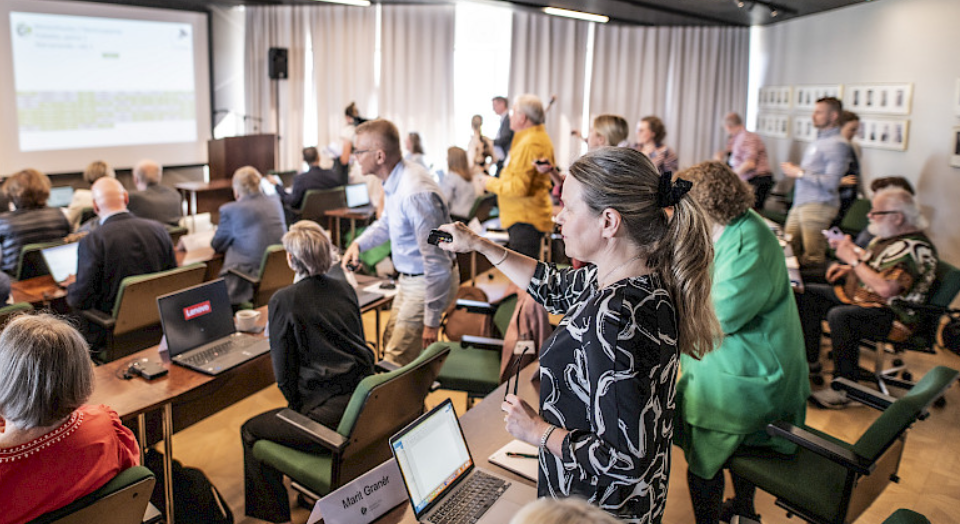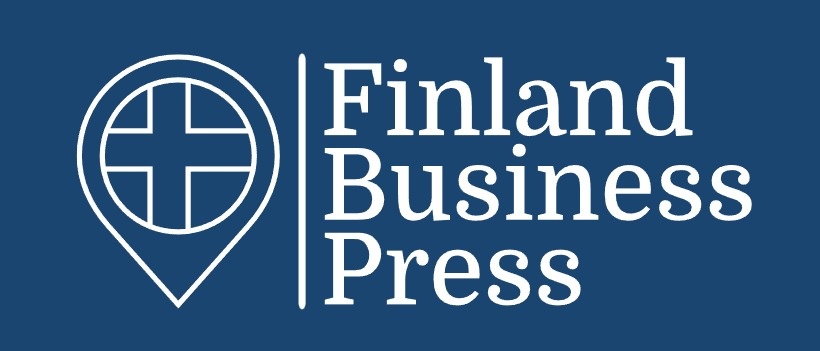The Finnish Medical Association (Lääkäriliitto) has raised serious concerns over recent government budget decisions, warning that substantial cuts to public healthcare funding and increased reliance on private healthcare subsidies could severely undermine the nation’s public health system. With a €550 million reduction in funding for welfare regions by 2028 and significant policy changes, the association predicts a grim future for public healthcare in Finland.

Escalating Challenges for Public Healthcare
The government’s budget plan has alarmed healthcare professionals across the country. Notably, it eliminates the 14-day care guarantee in primary healthcare, which was enacted last November, and imposes an additional €100 million in inpatient fees. Simultaneously, the government is significantly boosting subsidies for private healthcare, with Kela reimbursements set to increase by €500 million during the current administration.
The Finnish Medical Association condemns these measures as irresponsible, predicting that they will exacerbate already long waiting times in public healthcare, increase costs for users, and drive healthcare professionals away from the public sector, which is already grappling with staff shortages. “These actions send a clear message that there is no intention to solve the problems in public healthcare,” the association stated. “Instead, these measures will only worsen the existing issues.”
The association’s concerns are underscored by a recent Citizens’ Pulse survey, which showed that public trust in healthcare has plummeted from over 90% in 2020 to just 58%—the lowest level recorded by the survey. According to the Finnish Constitution, every citizen has the right to adequate healthcare services, a right that the Finnish Medical Association fears will be compromised by these budget cuts.

The right to Adequate Healthcare is a Non-Negotiable
The Finnish Medical Association emphasizes the importance of primary healthcare, describing it as the cornerstone of the healthcare system. However, the continuity and availability of primary care in Finland have been inadequate. The association advocates for the implementation of a family doctor model, which has proven effective in most European welfare states.
“There is no reason to believe that a family doctor model would not work in Finland,” the association asserted. They are urging the government to reverse the cuts to public healthcare and to implement the new Kela reimbursement model using a family doctor framework.
The call to action from the Finnish Medical Association is clear: protect and enhance public healthcare services to ensure all citizens have access to the care they need, regardless of economic conditions. As the debate continues, the future of Finland’s public healthcare system hangs in the balance, with potential long-term consequences for the nation’s health and well-being. The association is deeply concerned that further cuts will erode both public and staff confidence in the system’s ability to uphold these constitutional rights, and they are urging the government to reconsider its current course to safeguard the health of all Finnish citizens.

To read more start up stories visit- finlandbusinesspress

